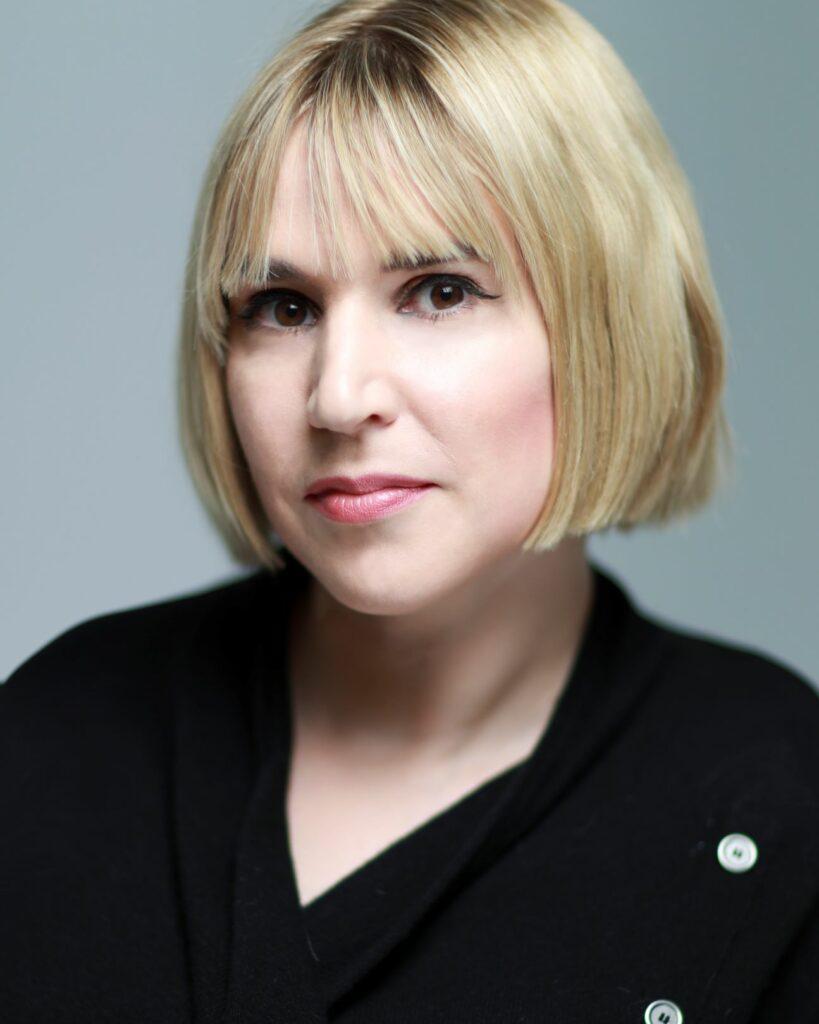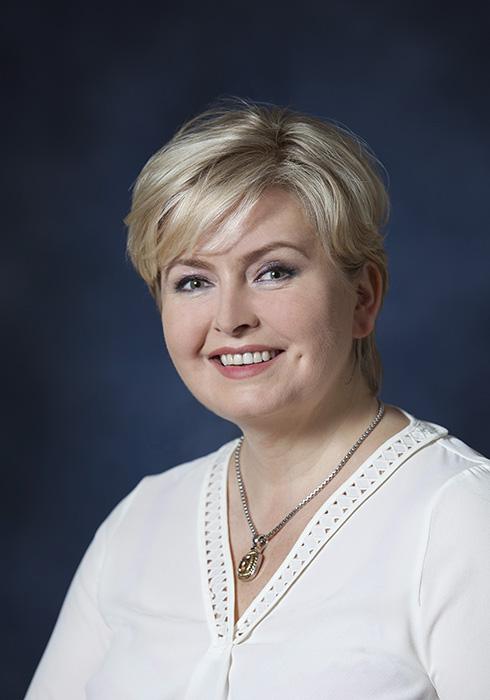Compassionate, professionally informed support for understanding and expressing your authentic gender
Your gender journey belongs to you. Whatever stage you’re at, whether questioning, exploring or living openly, you deserve care that honours your experience. Our therapists offer:
- A safe, accepting environment to explore questions about gender
- Evidence-informed support using affirming therapeutic approaches
- Practical assistance with social, medical and legal aspects of transition (if that’s your path)
Why Choose Mind and Body Works
Our therapists have undertaken specialist training in gender-affirming care and recognise that every person’s relationship with gender is unique. We take an individualised approach rather than applying standardised protocols. Whether you’re beginning to question, navigating the practicalities of transition, or seeking support as a family member, we provide integrated care that meets you where you are. Our practice is trauma-aware, culturally responsive and genuinely centred on your wellbeing.

Who Is This For?
Perhaps you’re an adult exploring questions about gender that have surfaced recently, or maybe these feelings have been present since childhood but you’ve never had professional support. You might be a teenager trying to understand experiences that don’t match the expectations others have placed on you. Mind and Body Works is committed to providing therapeutic services to transgender and gender-diverse individuals.
Parents and family members also seek our support. Partners wanting to understand their loved one’s experience. Siblings or friends hoping to offer meaningful support. Research from the LGBTIreland study found that transgender participants first recognised their gender identity at an average age of 14, but didn’t begin living in their preferred gender until age 22. That gap often represents years without adequate support.
Common reasons people seek gender identity therapy:
- Understanding your gender identity and what feels true to you
- Working through gender dysphoria or related distress
- Support during social, medical or legal transition processes
- Addressing anxiety, depression or trauma connected to gender experiences
- Navigating decisions about coming out and disclosure
- Couples or family therapy when relationships need support
- Guidance on practical matters like documentation changes or healthcare pathways
- Processing discrimination or the effects of minority stress
What Is Gender Identity Therapy?
Many people use ‘sex’ and ‘gender’ interchangeably, though they describe different things. Sex refers to biological characteristics assigned at birth based on physical anatomy. Gender encompasses something broader: a psychological and social expression of who you understand yourself to be.
Society generally operates on binary assumptions. Male or female. Masculine or feminine. Most people find their assigned gender aligns with their internal sense of self and move through life without examining it closely. But for others, this binary framework doesn’t reflect their lived reality.
Gender involves a complex relationship between biological sex, your internal sense of self as male, female, both or neither (gender identity), and how you present yourself outwardly (gender expression). A spectrum model offers a more accurate picture, one where gender exists on a continuum that moves between and beyond masculine and feminine, creating room for authentic self-understanding.
Gender identity therapy is a specialised form of psychological support designed to help you explore and understand your relationship with gender. The aim isn’t to guide you toward any particular conclusion or push you in a specific direction. Instead, it creates space to examine what gender means in your life, supports you in finding stability and acceptance in your gender expression (which may or may not correspond with your birth-assigned sex), and addresses your mental health throughout the process.
This differs from general therapy because it requires specific competence in gender-affirming care. It’s also distinct from medical interventions like hormone therapy or surgery, though therapy can support your decision-making and provide documentation if medical transition is something you choose to pursue.
Our Approach: What to Expect
Initial Assessment
Your first session focuses on getting to know you. We’ll explore what’s brought you to therapy, what you hope to achieve, and what kind of support would be most helpful. There’s no checklist to satisfy or pressure to commit to decisions before you’re ready. This is your process to direct.
Personalised Treatment Planning
Every journey looks different. Some people arrive with clear direction; others are working things out as they go. We’ll collaborate with you on a flexible plan that respects your timeline and your goals, whether that involves exploratory conversation, managing dysphoria, transition support, or something else entirely.
Therapeutic Approaches We Use
Our therapists draw on several evidence-based methods, tailored to your needs:
- Affirmative therapy: The foundation of our work. Your gender identity is valid without qualification.
- Cognitive Behavioural Therapy (CBT): Helpful for managing anxiety, depression and unhelpful thought patterns
- Dialectical Behaviour Therapy (DBT) skills: For emotional regulation and managing intense feelings
- Narrative therapy: Supporting you to author your own story and reclaim your identity
- Family therapy: When relationships need support through your journey
- Trauma-informed practice: Many trans and non-binary people have experienced trauma. We hold that with care.
Harm Reduction and Informed Consent
We believe in supporting your autonomy. If you’re considering medical transition, we’ll help you understand options, risks and benefits, but decisions remain yours. Irish research indicates that 75% of transgender adults report improved mental health following medical transition. Our role is to support informed consent.
Services & Programmes
Individual Therapy (Adolescent and Adult): One-to-one sessions focused on your specific situation, whether that’s gender exploration, mental health support, or transition-related guidance.
Couples and Family Therapy: Relationships can experience strain when someone transitions or comes out. We offer support for partners navigating change, and family therapy to help parents and siblings understand and adapt.
Crisis and Safety Planning: If you’re in crisis or facing unsafe circumstances, we can help you develop a safety plan and connect you with additional resources.
For Parents and Caregivers
If your child or teenager has come out as trans or is questioning their gender, you might feel overwhelmed. That’s entirely understandable. You want to be supportive but may not know how.
What family sessions involve:
We create a space where everyone can express their feelings and concerns. You’ll learn how to communicate effectively with your child, understand their experience, and explore how to support them through school, social situations, and potential healthcare decisions.
We can also assist with practical advocacy, supporting you in conversations with schools about name and pronoun use, understanding your child’s rights, and connecting you with other parents who’ve navigated similar situations.
Clinical Standards and Safety
Our therapists are registered mental health professionals with specialist training and ongoing education in LGBTQIA+ competence and gender-affirming care. We stay current with best practice and developments in gender identity support.
Confidentiality: Everything shared in therapy remains confidential, with very limited exceptions (risk of harm to yourself or others). For adults, we won’t disclose your gender identity, transition status, or anything else without your explicit consent. For minors, confidentiality works somewhat differently, and we’ll discuss this clearly in your first session.
Supervision and Training: Our therapists engage in regular supervision and professional development to ensure we’re providing informed, responsive care.
Frequently Asked Questions
Will my parents be told?
For adults: No, not without your permission. For adolescents: This depends on your age and specific circumstances. We’ll discuss confidentiality clearly in your first session and work with you to navigate disclosure in a way that keeps you safe.
How long does therapy usually take?
There’s no set duration. Some people attend for a few exploratory sessions. Others work with us for months or years. It depends entirely on your goals, whether you’re seeking assessment letters, ongoing mental health support, or both.
Is this covered by insurance?
Many insurance plans cover psychotherapy, though coverage for gender-affirming care varies. We can provide documentation for insurance claims and will work with you to maximise your benefits.
What if I’m not sure about being trans?
That’s completely normal. Exploration is valid in itself. You don’t need everything figured out before starting therapy. In fact, therapy is precisely the space to explore uncertainty without pressure or judgement.
How Do I Arrange an Appointment?
You can select a therapist below or contact our centres directly for assistance in making an appointment.
Book online at or call 01 677 1021.
Ready to Take the Next Step?
You deserve support that sees you, affirms you, and walks alongside you, wherever you are in your journey.




















